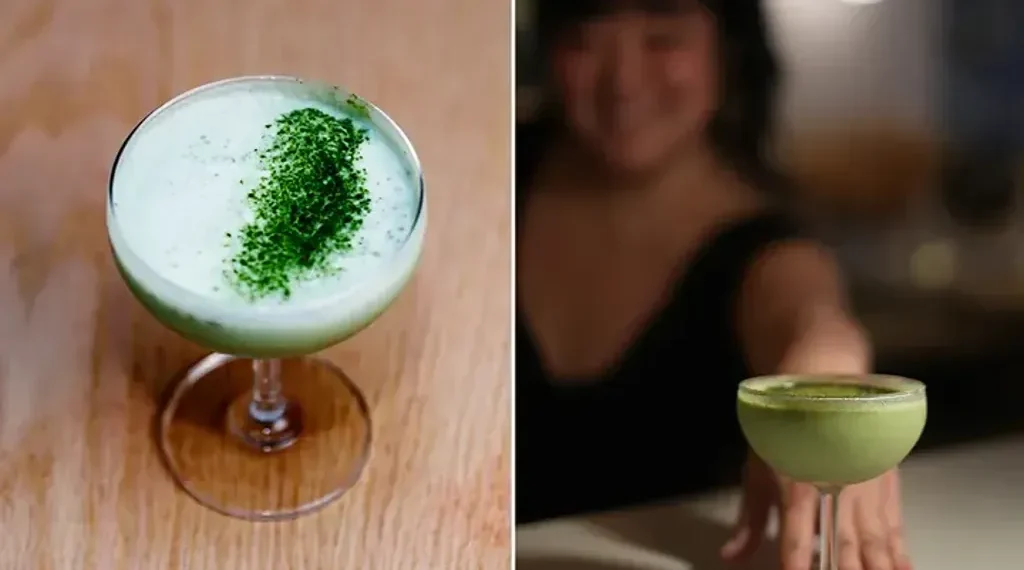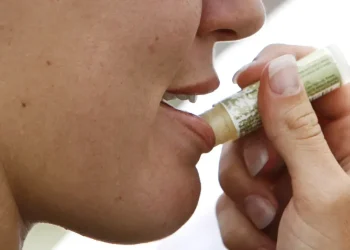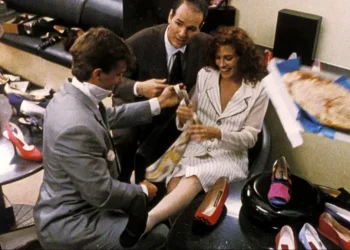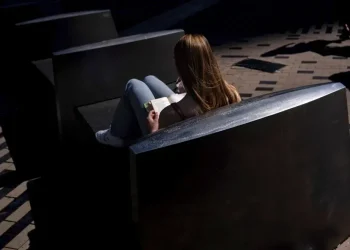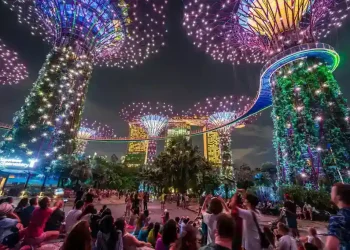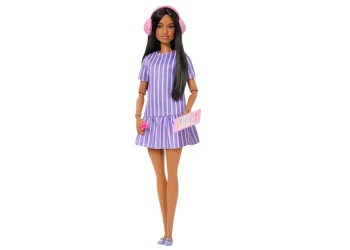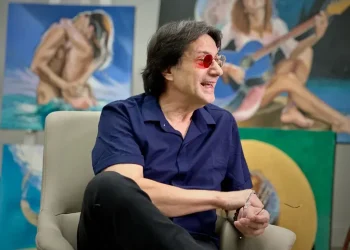Experts Warn Viral Matcha Cocktails Aren’t as Healthy as They Seem
Matcha cocktails have become a social media sensation in bars from Miami to New York, promising a “cleaner” buzz and a touch of wellness. But nutrition experts say the trendy fusion of green tea and alcohol may not deliver the health benefits many expect — and could even contradict the drink’s supposed mindful appeal.
The Rise of Matcha Cocktails
Before matcha began dominating Instagram and TikTok feeds, few bartenders would have thought to whisk green tea powder into their mixed drinks. But that’s changing fast.
At The Sylvester, a Miami cocktail bar, bar director Rensel Cabrera said the idea began as a creative experiment rather than a health movement. “When we were doing these menu flips, we started looking at trends, styles of cocktails, ingredients — and one of the top trends besides the espresso martini was matcha,” Cabrera told Fox News Digital.
Although The Sylvester doesn’t serve coffee or tea, Cabrera said the powder’s bright, grassy hue made it an attractive ingredient. “We thought it could be a cool ingredient to use,” he said. A year later, his ‘Dama Verde’, a honeydew vodka cocktail infused with matcha, is now one of the bar’s bestsellers.
“They’re drinking pretty hardcore at night,” Cabrera said of some patrons. “If they’re going to drink something, at least let’s make it a little healthy.”
Caffeine Meets Alcohol: A Wellness Contradiction
While bartenders embrace the matcha craze, some nutrition professionals are more skeptical. Lauren Manaker, a South Carolina–based dietitian-nutritionist, said the touted benefits of matcha — such as antioxidants and focus-boosting caffeine — largely disappear when combined with alcohol.
“While matcha itself has a host of benefits, mixing it with alcohol does shift the narrative,” she said. “You’re adding something that can stress the liver and brain to a drink that’s supposed to promote calm focus.”
Matcha, made from finely ground green tea leaves, is prized for its natural caffeine and L-theanine, which together promote alertness without the crash. But paired with alcohol, experts say, the combination may confuse the body’s signals and mask intoxication, similar to the effect of caffeinated cocktails such as espresso martinis.
A Trend Fueled by Aesthetics and Social Media
In New York’s East Village, the cocktail bar Bananas has found success with its own twist: a boozy Matcha Latte. Founder Chris Ng and general manager Dania Kim said the drink wasn’t meant to ride a viral wave — at least not at first.
“It wasn’t about following any type of trend,” Kim said. “It was more about catering to the summer weather and flavors I personally enjoyed.”
Kim, who grew up drinking matcha, admitted she hadn’t realized how strongly Gen Z had embraced it. “They’re going crazy for it,” she said. “They care about their health and nutrition-based habits. If something seems good for you, they’ll kind of look past any bitterness or earthiness.”
Ng added that matcha’s visual appeal plays a major role in its popularity. “When people go out to eat, they eat with their eyes first,” he said. “When they see ‘Matcha Latte’ on a menu, they probably imagine a cozy green tea drink — even though this one comes with a kick.”
The Health Halo Effect
Despite matcha’s wellness reputation, Kim acknowledged the contradiction in labeling an alcoholic beverage as “healthy.” “Ultimately, it’s the health factor of it,” she said, “even though this version is not quite healthy because it’s alcoholic.”
Manaker agreed that the perception of “better-for-you” cocktails can be misleading. “Matcha cocktails might feel like a middle ground,” she said. “They’re not pounding shots, and yes, they’re getting some antioxidants — but they’re also getting alcohol, which isn’t great for our livers or brains.”
Caffeine Considerations and Customer Choices
Cabrera noted that some customers hesitate to order his matcha-infused drinks at night because of the caffeine. “Maybe if someone doesn’t want the energy that matcha has, they’ll choose something else later in the evening,” he said.
Though he doesn’t market the cocktail specifically toward women, Cabrera said it tends to be more popular among female customers. “It’s like double matcha,” he said. “The matcha is in the drink and on top of the drink.”
Experts recommend moderation, noting that both caffeine and alcohol can impact sleep, hydration, and mood. The U.S. Centers for Disease Control and Prevention (CDC) advises limiting alcohol intake and being mindful of stimulants that may mask intoxication.
The Bottom Line
Matcha cocktails may look clean, refreshing, and even virtuous, but experts warn against assuming they offer genuine health benefits. While the green tea powder itself contains antioxidants and amino acids, those advantages fade once alcohol is added to the mix.
As the matcha martini trend continues to sweep through social media feeds and bar menus, both bartenders and nutritionists agree on at least one thing: the drink’s appeal lies as much in its color and culture as in its contents.
This article was rewritten by JournosNews.com based on verified reporting from trusted sources. The content has been independently reviewed, fact-checked, and edited for accuracy, neutrality, tone, and global readability in accordance with Google News and AdSense standards.
All opinions, quotes, or statements from contributors, experts, or sourced organizations do not necessarily reflect the views of JournosNews.com. JournosNews.com maintains full editorial independence from any external funders, sponsors, or organizations.
Stay informed with JournosNews.com — your trusted source for verified global reporting and in-depth analysis. Follow us on Google News, BlueSky, and X for real-time updates.
